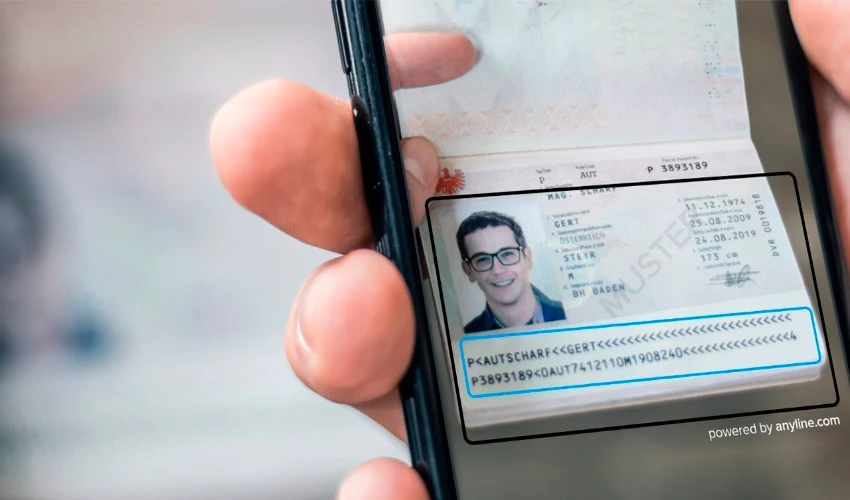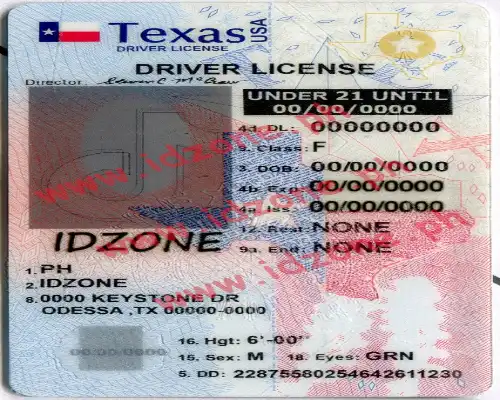In today’s fast-paced digital world, scannable IDs have become an essential tool in various industries. From enhancing security measures to streamlining processes, scannable IDs provide efficiency, accuracy, and convenience. These technological advancements have revolutionized identification systems, making them more reliable and accessible.
Enhanced Security Measures
One of the primary reasons scannable IDs are crucial in modern technology is their role in enhancing security. Traditional identification methods, such as physical cards and written documentation, are prone to forgery and duplication. Scannable IDs, embedded with barcodes, QR codes, or RFID chips, significantly reduce the risk of counterfeiting. They allow for quick and secure authentication, ensuring that only authorized individuals gain access to restricted areas, data, or resources.
Organizations and institutions worldwide rely on scannable IDs to strengthen security protocols. Airports, government agencies, and corporate offices utilize biometric-Scannable ID to prevent unauthorized entry. The integration of encryption techniques further enhances security, protecting sensitive information from cyber threats and identity theft.
Streamlined Access Control and Attendance Tracking
Businesses and educational institutions benefit from scannable IDs for access control and attendance tracking. Employees and students can use these IDs to check in and out efficiently, reducing manual record-keeping errors. Time-tracking systems in workplaces rely on scannable IDs to maintain accurate payroll records, ensuring fair compensation for employees.
Access control systems powered by scannable IDs allow organizations to manage entry permissions efficiently. For example, hospitals use RFID wristbands to control patient access to certain areas, while universities use student ID cards with scannable features for library access and class attendance.
Faster and More Efficient Transactions
Scannable IDs have revolutionized financial transactions, making payments more seamless and secure. Mobile wallets, credit cards, and membership cards now come with scannable features, enabling contactless payments. Retail stores and e-commerce platforms utilize barcode scanning for quick checkouts, reducing long queues and enhancing the customer experience.
Additionally, digital identification in the financial sector prevents fraud by ensuring secure and verifiable transactions. Banks and fintech companies leverage scannable IDs for identity verification, account access, and secure login authentication.
Healthcare Advancements and Patient Safety
The healthcare industry has significantly benefited from scannable IDs, improving patient safety and record-keeping. Hospitals use barcode or RFID-enabled patient wristbands to link individuals to their medical history, prescriptions, and treatment plans. This reduces the likelihood of medication errors and ensures accurate data retrieval by healthcare professionals.
Scannable IDs also play a critical role in managing medical supplies and equipment. By scanning inventory barcodes, healthcare providers can track the availability of essential items and prevent shortages, ensuring uninterrupted patient care.
Easier Travel and Transportation
The travel and transportation sector has embraced scannable IDs to improve efficiency and security. Boarding passes, train tickets, and driver’s licenses now incorporate QR codes or RFID technology for quick authentication. Airports use scannable IDs to streamline passenger check-ins, baggage tracking, and immigration processes, minimizing delays and enhancing travel convenience.
Public transportation systems, such as metro and bus networks, implement scannable cards for fare collection. These digital IDs help commuters save time while reducing the need for physical cash transactions. Ride-sharing services also use scannable Idbook for driver verification, ensuring passenger safety.
Digital Identity and Online Verification
As digital interactions increase, scannable IDs are becoming integral to online verification processes. Many platforms require users to scan government-issued IDs to create accounts, reducing fraudulent activities and enhancing security.
Remote work and online education platforms use scannable IDs for identity verification, ensuring that only authorized users can access confidential information. Social media and dating apps have also adopted scannable ID verification features to prevent fake accounts and enhance user safety.
Event Management and Ticketing Solutions
Scannable IDs have transformed event management and ticketing systems, offering seamless entry solutions. Concerts, sports events, and conferences use QR code-based or RFID-enabled tickets to facilitate quick check-ins, eliminating the need for physical paper tickets. This technology not only reduces fraud but also enhances attendee experiences.
Event organizers can use scannable IDs to monitor guest lists, track attendance, and provide personalized services. VIP and backstage access can also be controlled efficiently through digital ID scanning systems.
Supply Chain and Inventory Management
Businesses rely on scannable IDs for supply chain management and inventory tracking. Barcodes and RFID tags allow companies to monitor product movement, ensuring accurate stock management. Warehouses and retailers can track shipments, prevent losses, and optimize logistics operations using scannable identification systems.
E-commerce companies use scannable IDs to enhance order fulfillment processes, ensuring customers receive accurate and timely deliveries. The automation of inventory management reduces human error, improving overall efficiency.
Future Innovations in Scannable ID Technology
The evolution of scannable ID technology continues to drive innovation across industries. The integration of artificial intelligence (AI) and blockchain with scannable IDs enhances security, transparency, and fraud prevention.
Biometric-scannable IDs, such as facial recognition and fingerprint scanning, are becoming more prevalent in mobile devices, banking services, and governmental applications. These advancements ensure a higher level of security and convenience for users.
Moreover, decentralized identity solutions leveraging blockchain technology offer users greater control over their personal information. This innovation reduces reliance on centralized databases, minimizing the risk of data breaches.
Conclusion
Scannable IDs have become indispensable in modern technology, offering security, efficiency, and convenience across multiple industries. From access control and payment transactions to healthcare and event management, scannable IDs continue to revolutionize identification and authentication processes. As technology advances, the integration of AI, blockchain, and biometrics will further enhance the capabilities of scannable IDs, ensuring a more secure and streamlined future.





